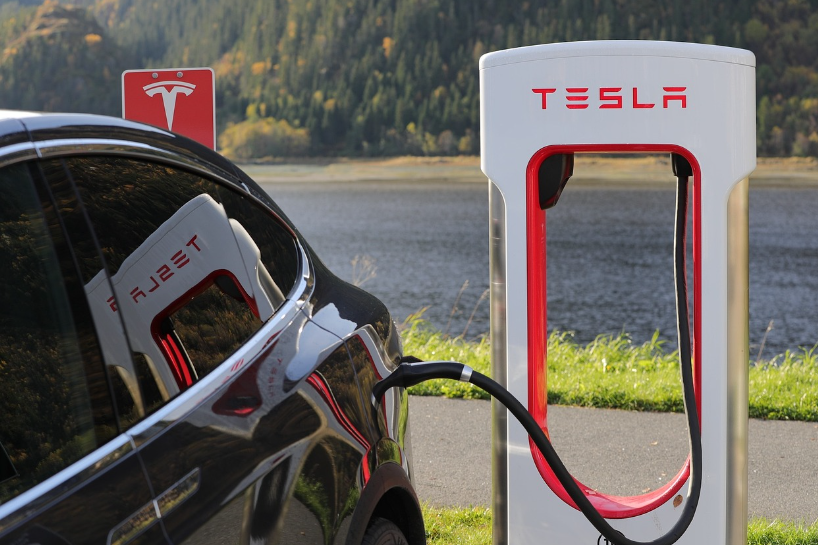Researchers at the prestigious Harvard University may have achieved a breakthrough in their research on solid-state battery technology. The research findings have been published in the latest edition of Nature Materials and point to how a solid-state battery can be developed to fully recharge within 10 minutes.

The lithium metal battery researchers are at Harvard’s John A. Paulson School of Engineering and Applied Sciences (SEAS). The lead writer in the Nature Materials published article is Xin Li, an Associate Professor of Materials Science at SEAS. The newly developed battery has an estimated charging cycle of 6,000 times, more than any other pouch battery cell.
According to the researchers, Lithium metal anode batteries are considered the top-draw choice of batteries because they have ten times the capacity of commercial graphite anodes and could drastically increase the driving distance of EVs. The researchers say that their research findings mark an important step toward more practical solid-state batteries with great ramifications for industrial and commercial applications.
Electric Vehicles may be getting faster charging batteries shortly
The formation of dendrites on the surface of the anode is a major challenge in the development of solid-state batteries. These can build up on the lithium surface and grow like roots into the electrolyte. Their growth helps to damage the barrier that separates the anode and cathode, resulting in short-circuiting or possibly fires. The research team designed a multilayer battery that sandwiched different materials of varying stabilities between the anode and cathode. This 2021 design prevented the penetration of lithium dendrites although it didn’t stop their growth altogether.
The breakthrough by the Harvard research team is that they successfully prevented dendrites from forming by using micron-sized silicon particles in the anode to constrict the reaction to a shallow surface without penetrating any further. The lithium metal gets wrapped around the silicon particle, like a hard chocolate shell around a hazelnut core, according to lead author Li. Because plating and stripping can occur rapidly on an even surface, the developed battery can recharge fully in about 10 minutes.
The developed battery cell retained 80% of its capacity after 6,000 cycles which was far better than that of any pouch cell battery in the market. The tech has been licensed to Adden Energy by the Harvard Office of Technology Development. Adden Energy is an offshoot of research efforts at Harvard and was co-founded by Xin Li and three others – all Harvard alumni. The tech is being scaled up to build smartphone batteries that are much bigger than the pouch cell battery. There are still challenges in the evolution of the ultimate solid-state battery before it becomes a commercial product. Mass production of such tech offers its dynamic challenges.
Related:
- BYD Shatters Electric Car Sales Record, Challenges Global EV Market Dominance
- Tesla achieves record deliveries in 2023, surpassing targets despite challenges
- Chinese automaker Xpeng plans to begin mass production of flying cars by Q4 2025
(source)







